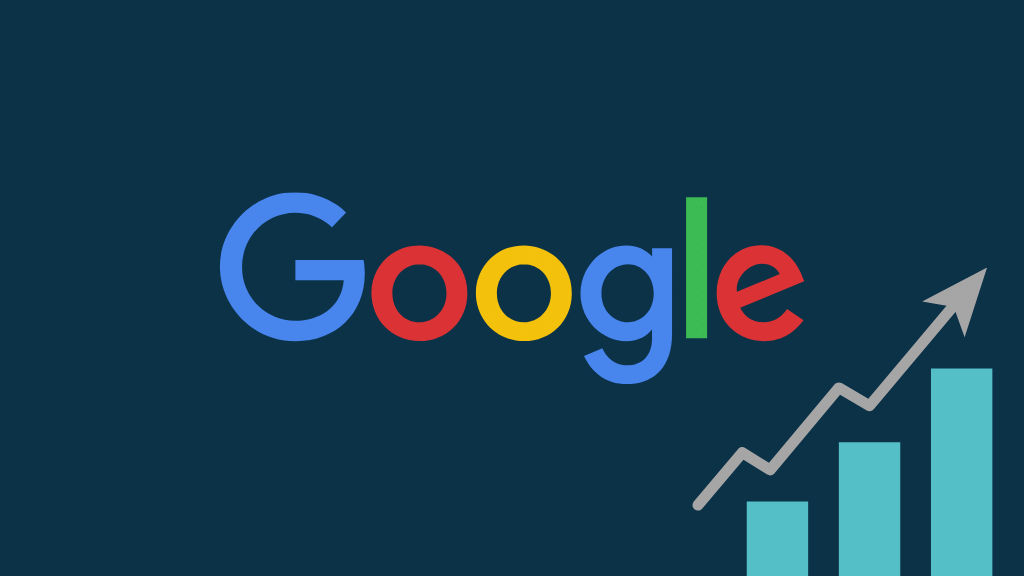The Best AI Tools for Digital Marketing in 2024
Artificial intelligence is rapidly changing the world of digital marketing. AI-powered tools are automating routine tasks, revealing key insights, and empowering marketers to work more efficiently. In this post, we’ll highlight the top 10 AI tools that are making waves in digital marketing today. These tools utilize machine learning and natural language processing to provide capabilities that simply weren’t possible just a few years ago. From predictive analytics to content creation, read on to learn how leading AI tools can give your marketing efforts a boost.
-
Google Analytics
Overview: As the most widely used web analytics platform, Google Analytics provides invaluable insights into website traffic, conversions, and more.
Key Features:
– In-depth reporting on site usage, traffic sources, conversions, and other KPIs
– Customizable dashboards to track key metrics
– Integrates with Google Ads to measure ROI
– Provides actionable recommendations to improve website performance
– Automated insights highlight changes and trends
Use Cases: Google Analytics should serve as the foundation of any digital marketing stack. Marketers can connect multiple data sources to Google Analytics for a unified view of their website and marketing performance. The automated insights feature leverages machine learning to detect meaningful patterns and changes in your data that you might otherwise overlook. This allows for quick identification of issues or opportunities requiring attention.
-
SEMrush
Overview: SEMrush is an all-in-one online visibility management platform covering SEO, PPC, content marketing, and competitive research.
Key Features:
– In-depth keyword research and tracking
– Backlink analysis to boost SEO rankings
– PPC keyword management tools
– SEO and PPC competitor benchmarking
– AI-powered content and topic research
– Marketing calendar and campaign tracking
Use Cases: SEMrush excels at monitoring your search presence and comparing it to competitors. The AI-powered topic research tool provides excellent ideas for new content targeting high-value keywords. The marketing calendar streamlines planning and managing content across channels. Overall, SEMrush provides the data and insights to optimize your SEO, PPC, and content strategies.
-
Moz Pro
Overview: An established SEO platform, Moz Pro focuses on improving website visibility in organic search.
Key Features:
– Site audits evaluating technical SEO
– Rank tracking for target keywords
– Link building tools including fresh prospecting
– Ranking factor analysis to spot optimization opportunities
– Local search management
– AI-powered recommendations for improving SEO
Use Cases: Moz truly shines at in-depth SEO tactics like site architecture audits, ranking fluctuations, discovering new link building avenues, and staying current with algorithms. The AI recommendations offer specific guidance for better on-page and off-page optimization. Moz suits technical SEO experts and agencies managing SEO for large websites.
-
BuzzSumo
Overview: A leading content marketing and influencer identification tool.
Key Features:
– Discovers high-performing content by topic or competitor
– Analyzes influencers and brand mentions
– Tracks content performance over time
– AI-powered alerts for relevant new content
– Chrome extension analyse competitors’ links
Use Cases: BuzzSumo proves invaluable for content research, ideation, and planning. You can instantly see what content resonates for target keywords to spark ideas for your own content. The influencer data reveals partnership and outreach opportunities. BuzzSumo will supercharge your ability to create relevant, high-quality content informed by data.
-
Copy.ai
Overview: Copy.ai is an AI writing assistant that generates marketing copy for ads, emails, web pages, and more.
Key Features:
– Creates and optimizes copy for different formats
– Generates unlimited variations for A/B testing
– Analyses performance to improve results over time
– Customizable tone and persona creation
– Integrates with marketing platforms via API
Use Cases: Copy.ai leads the pack for automating copywriting. Its ability to churn out polished, human-sounding copy at scale is a game-changer for content creation. Copy.ai frees up your time to focus on high-level marketing strategy instead of writing repetitive ad and page copy. It’s ideal for teams managing high volumes of marketing content across multiple campaigns.
-
Oberlo
Overview: Oberlo helps ecommerce businesses source products to sell, import them into Shopify, and fulfil orders.
Key Features:
– Drop shipping supplier marketplace with millions of products
– Automates importing products into Shopify
– Order management system
– AI-powered product recommendations
– Trending products and niche discovery
Use Cases: Oberlo makes launching and growing a drop shipping business much smoother. It handles tedious tasks like supplier research, product uploads, and order processing so you can focus on sales and marketing. The AI recommendations quickly surface winning products to sell. Overall, Oberlo helps ecommerce entrepreneurs hit the ground running with less hassle.
-
Persado
Overview: Persado uses AI to generate emotionally intelligent marketing messages and creative assets.
Key Features:
– Analyses emotional performance of messaging
– A/B tests new versions of copy and creative
– Provides data-driven recommendations
– Automates ads, emails, landing pages at scale
– Optimizes tone, sentiment, personality
Use Cases: Persado leads in AI for marketing language, going far beyond basic copy generation. It crafts messages that truly resonate emotionally, boosting engagement, conversions, and revenue. Ideal for companies running many digital ads and campaigns, Persado will maximize performance while saving time writing and optimizing creative.
-
Drift
Overview: Drift combines chatbots, email marketing, and conversational AI into one marketing platform.
Key Features:
– Chatbots for lead gen and qualification
– Engage site visitors via live chat, bots, or messaging
– Automates personalized email campaigns
– AI assistant to help sales teams close faster
– Integrates with marketing automation and CRM
Use Cases: Drift makes the buying experience more conversational through automation and AI. Chatbots proactively engage visitors via messaging. The assistant qualifies leads and surfaces insights to accelerate sales. Great for B2B companies wanting more personal, human-like engagement.
-
Acronym
Overview: Acronym leverages AI to analyze marketing data and provide strategic recommendations.
Key Features:
– Consolidates data from all marketing channels
– AI uncovers key insights and trends
– Quantifies marketing impact on pipeline and revenue
– Forecasting models and predictions
– Recommends optimizations to improve performance
Use Cases: Acronym acts as a virtual CMO, crunching the numbers and translating insights into plain English. This allows marketing teams to tap into AI-driven recommendations without data science expertise. Especially valuable for B2B marketing leaders looking to optimize budget allocation and boost pipeline and revenue.
-
Uberflip
Overview: Uberflip provides an intelligent content experience platform for lead generation.
Key Features:
– Builds personalized content hubs with CTAs
– Integrates gated content offers and forms
– Automates lead capture and scoring
– AI recommends related content
– Optimizes content based on engagement
Use Cases: Uberflip makes it easy to create content experiences that convert. It goes beyond basic forms to engage visitors based on interests. The AI layer serves up personalized content to keep visitors engaged. For B2B companies with lots of gated content, Uberflip is a powerful conversion tool.
Conclusion:
AI is transforming marketing by handling repetitive tasks while revealing impactful insights and optimizations. The top tools we covered demonstrate the breadth of AI applications, from analytics to copywriting, chatbots, and campaign management. While these technologies don’t replace human marketers entirely, they augment our abilities and allow us to focus on strategic, high-value work. Adopting the right AI tools for your needs can provide a real competitive advantage and boost marketing performance. When researching options, consider consulting top 10 digital marketing companies in India for their expertise implementing the latest marketing technologies.



